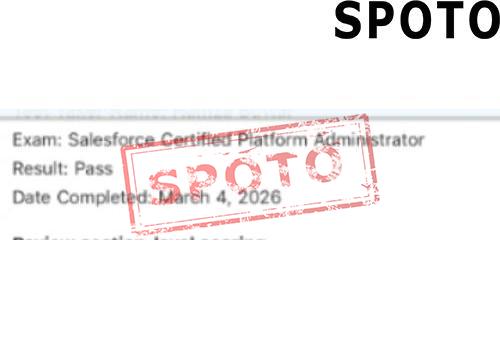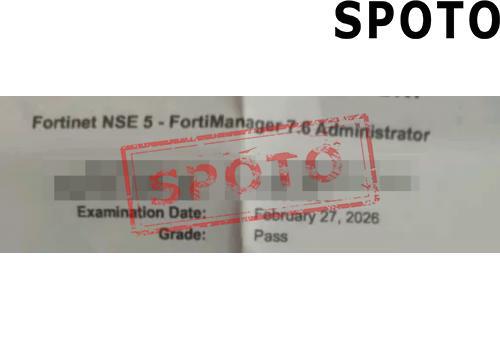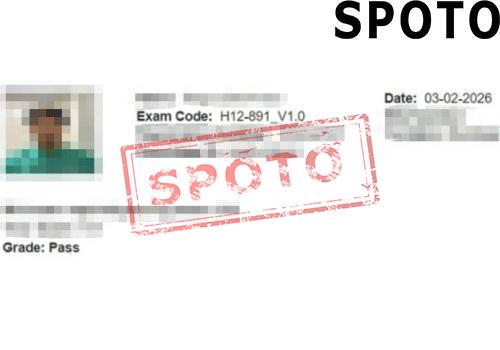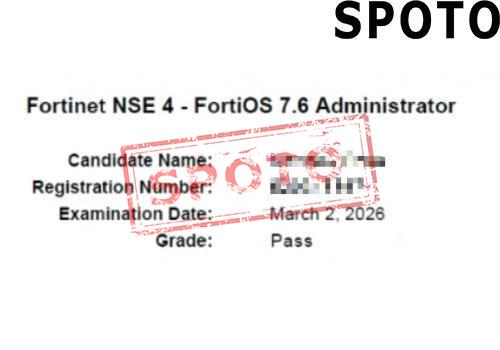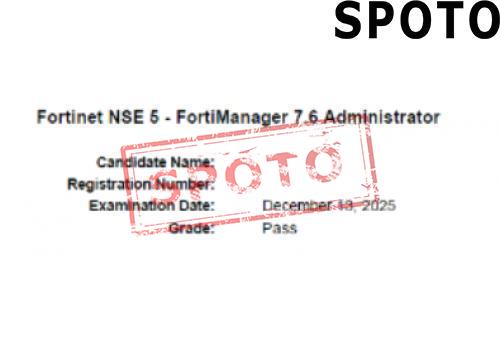
The certifications of Cisco
Cisco Certified Network Associate (CCNA)
You will need to complete one of these things in order to recertify for CCNA:
- Take the associate exam again
- Any professional specialty exam can be taken.
- Pass the core technology exam
- Pass the expert-level written exam
- Pass the Lab/Practical exam
- Earn 30 CE Credits
Cisco Certified Network Professional
You will need to complete one of these things in order to recertify for CCNP:
- Pass any professional concentration exam by retaking it
- Pass one core technology exam
- Pass one expert-level written test
- One expert-level Lab/Practical exam
- Earn 40 CE Credits
Cisco Certified Internetwork Expert (CCIE)
You will need to do the following in order to recertify for CCIE:
- Cisco's expert-level exam written by Cisco
- Pass the Cisco expert-level Lab/Practical exam
- Pass any of the three professional (CCNP-) concentration exams
- Pass one core technology exam and one professional concentration exam.
- Total 120 CE credits
- Earn 40 CE credits and pass a technology core exam
- Two professional concentration exams are required to earn 40 CE credits
- Earn 80 CE credits by passing a professional concentration exam
Cisco Certified Design Expert (CCDE)
You will need to do the following in order to recertify for CCDE:
- Pass the Cisco expert-level written exam
- Pass one Lab/Practical expert-level exam
- Three professional concentration exams are required
- Pass one core technology exam and pass any professional concentration exam.
- Earn 120 CE Credits
- Earn 40 CE credits and pass a technology core exam
- Two professional concentration exams are required to earn 40 CE credits.
- Earn 80 CE credits by passing a professional concentration exam
Which Cisco Certification Path is Best?
To be certified in Cisco networking technologies, the most important incentive is to develop your career. Cisco Certified Network Associate (CCNA), or Cisco Certified Professional (CCNP Enterprise), are two of the best ways to reach your professional goals.
Cisco certification shows that you are competent in the job. Your CCNA certification may be useful for network engineers, systems administrators, and information technology (IT) directors.
These specialists are paid the most compared to entry-level certification jobs on a national level. The average yearly income for specialists is $87,000. Top earners make more than $111,000 per year. This certificate can increase earnings by as much as 20% for those who have it.
The CCNA Career Path
For those who are interested in computer network operations, the CCNA is a good entry point. Even if Cisco gear isn't your primary focus, chances are you will come across it occasionally. Many companies require certification. You may not be eligible to fill a job if you don't have the right industry credential. Even if you don't need it, it's still helpful when applying for a job.
CCNA-level professionals will have a greater market share, mainly because of Cisco Networking Academy's training. However, not all people get the credential.
However, the CCNA is advised to understand the basics before they move on to the next level (e.g., how to get the CCNP or CCIE levels). Cisco recommends that professional-level exams are taken only if you have a lot of expertise. It's much easier to pass certification exams if you have already participated in SPOTO's practice tests system.
Is the CCNA Certification Worth it?
Most people will answer that Cisco Certified Network Associate is absolutely worth it. It stands for Cisco Certified Network Associate and is the entry point to the company’s certification program. The exam to earn CCNA certification is called Creating and Maintaining Cisco Solutions.
Cisco sponsored credential, the CCNA. The company has been in business for nearly 30 years and produces a variety of network equipment, standards and protocols. They have a strong brand and have dominated the networking switching and routing industry for many years (since 1984).
The CCNA certification was previously available in two formats: a hard exam or two separate tests. The new version only has one test. It is easier to use and more transparent. You might take several other paths after your fundamental certificate (security, voice, wireless, etc.), but you were still at the CCNA level.
The associate level has only one curriculum. There is at least one exam. If you have a deeper understanding of specific subjects, you can take additional courses at the CCNP level.
This new approach is designed to make it easier for network engineers not yet certified by CCENT to choose the right certification. They want software developers to be able to collaborate and communicate more effectively with network engineers with CCNA credentials. Network engineers will need to acquire new skills as technology evolves. The new CCNA curriculum addresses of SPOTO.

